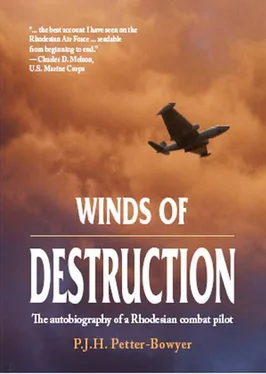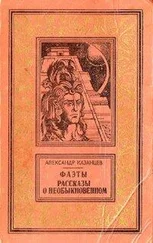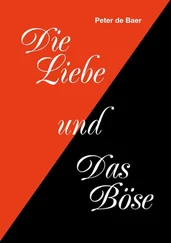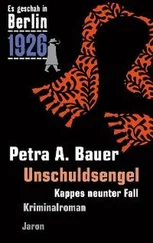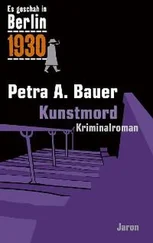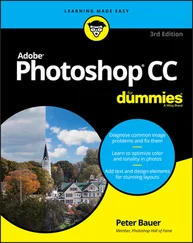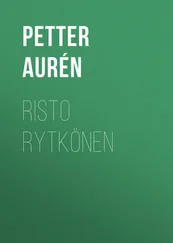Peter Petter-Bowyer - Winds of Destruction
Здесь есть возможность читать онлайн «Peter Petter-Bowyer - Winds of Destruction» весь текст электронной книги совершенно бесплатно (целиком полную версию без сокращений). В некоторых случаях можно слушать аудио, скачать через торрент в формате fb2 и присутствует краткое содержание. Город: Solihull, Pinetown, Год выпуска: 2012, ISBN: 2012, Издательство: Helion & Company, 30° South Publishers, Жанр: Биографии и Мемуары, на английском языке. Описание произведения, (предисловие) а так же отзывы посетителей доступны на портале библиотеки ЛибКат.
- Название:Winds of Destruction
- Автор:
- Издательство:Helion & Company, 30° South Publishers
- Жанр:
- Год:2012
- Город:Solihull, Pinetown
- ISBN:9781908916754
- Рейтинг книги:5 / 5. Голосов: 1
-
Избранное:Добавить в избранное
- Отзывы:
-
Ваша оценка:
- 100
- 1
- 2
- 3
- 4
- 5
Winds of Destruction: краткое содержание, описание и аннотация
Предлагаем к чтению аннотацию, описание, краткое содержание или предисловие (зависит от того, что написал сам автор книги «Winds of Destruction»). Если вы не нашли необходимую информацию о книге — напишите в комментариях, мы постараемся отыскать её.
Winds of Destruction — читать онлайн бесплатно полную книгу (весь текст) целиком
Ниже представлен текст книги, разбитый по страницам. Система сохранения места последней прочитанной страницы, позволяет с удобством читать онлайн бесплатно книгу «Winds of Destruction», без необходимости каждый раз заново искать на чём Вы остановились. Поставьте закладку, и сможете в любой момент перейти на страницу, на которой закончили чтение.
Интервал:
Закладка:
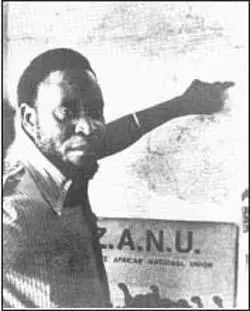
On Christmas Day we received news that ZANLA’s top commander, Josiah Tongogara, had been killed in a vehicle accident in Mozambique. He was due to arrive in Rhodesia a few days later, having completed his briefing of all ZANLA forces still in Mozambique. At the time I was unaffected by this news because I thought Tongogara would be no easier to deal with than Nhongo and Tungamirai. I now know I was wrong to think that way.
Rex Nhongo and Josiah Tungamirai seemed unmoved by the loss of their commander whereas ZIPRA’s hierarchy was visibly shaken and depressed by the news of Tongogara’s death. Masuku told me angrily that this had been no accident—it was nothing more than a deliberate assassination of a powerful military leader by radical members of ZANU’s political wing. Explanation for this was to come later but some time passed before a highly qualified mortician from Doves Morgan Funeral Services in Salisbury was sent to Maputo to view Tongogara’s body. Having done this, Ken Stokes concluded that Tongogara had died as the result of a vehicle accident and that no foul play was involved. You will see shortly why ZIPRA agreed with the vehicle accident aspect, but not with the ‘no foul play’ conclusion.
Meetings of the Ceasefire Committee were held every Monday and Thursday in a small natty conference room in an outbuilding in the lovely gardens of Government House. General Acland sat at the head of the long table with Brigadier Gurdon at the other end. General Barnard and I were on one side of the table with General Barnard closest to General Acland. ZIPRA and ZANLA sat opposite us. ZANLA’s Rex Nhongo sat closest to General Acland with Tungamirai next to him. Then came Lookout Masuku with Dabengwa sitting nearest to Brigadier Gurdon.
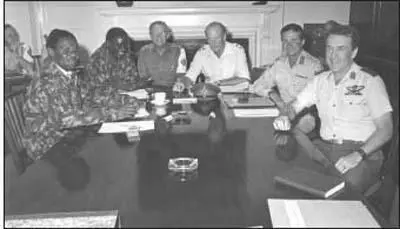
To begin with no staff accompanied General Barnard and me, whereas ZIPRA and ZANLA always had six or more seated and standing behind them. Later we had one intelligence officer and a very good-looking female secretary, Miss Gardener, sitting behind us to record proceedings.
General John Acland conferred the title ‘general’ on each of the ‘guerrilla’ commanders in an obvious endeavour to give them equal status with himself and General Bert Barnard. In these circumstances I was the most junior man on the committee yet, almost from the start, I became aware of the fact that both ZIPRA and ZANLA looked me in the eye when making any contentious statement or responding to any query concerning cease-fire violations. I found this distinctly uncomfortable as any question from, say, General Acland, would be answered directly at me. Explanation for this took some time in coming.
Most ceasefire infringements were levelled against ZANLA because, from the very beginning, it was obvious that ZANLA had kept the majority of its forces in the field and sent thousands of mujibas to the Assembly Points under control of a handful of genuine ZANLA juniors. ZANLA managed to fool the British who were only interested in the ‘number of ZANLA soldiers’ inside the APs. However, this situation incensed General Walls and the National JOC, the only Zimbabwe- Rhodesian authority able to challenge the Brits to hold to the rules set out in the Lancaster House Agreement.
Most ceasefire violations resulted from election campaigning rifts between ZANLA and the Pfumo re Vanhu auxiliaries of Muzorewa and Sitole, whereas a few were undoubtedly generated by Selous Scouts who had kept some men in the field to monitor the extent of ZANLA violations. In the three months preceding elections, only a handful of problems were raised by or against ZIPRA whose forces within the country had moved into the Assembly Points in accordance with the London agreement. We knew however that over 10,000 ZIPRA men had remained in Zambia.
ZANLA, on the other hand, had withheld some 17,000 men in Mozambique and used the forces in the country to force a Mugabe victory at the polls through viciously applied intimidation on the civilian population together with selective murder. Their line was, “ZANU started the war and only Mugabe can stop it. If Mugabe does not win the elections, the war continues and you will pay for it with your lives”. This was an impelling reason to vote for Mugabe. It was also precisely what we expected from him having known from the start that he would flout any agreement, particularly with Britain.
Although this was in direct contravention of the London agreement, and in spite of overwhelming evidence to prove it, Lord Soames refused to rule against ZANU’s participation in the elections. Unfortunately General Walls, being a military man, seemed out of his depth in dealing with Soames and a Conservative Government that continued to rely on the manipulations and lies engineered by the British Foreign Office.
Meeting after meeting Rex Nhongo and Josiah Tungamirai whispered to each other in their Shona vernacular. Most of the whispered communications held up proceedings whilst they conspired to find a way out of every accusation levelled at ZANLA and to conjure up counter-accusations. Both ZANLA men seemed particularly concerned not to be overheard by ZIPRA who would understand what was being said, but they were quite unconcerned about the four whites who they were quite certain could not understand their language. They were wrong! I understood all I heard.
Some time in late February or early March, I foolishly let loose on Rex Nhongo in his own tongue challenging his past and present whispered lies. This had an electrifying effect on the meeting and obviously tickled the ZIPRA commanders who did nothing to suppress their mirth. Thereafter the whispering ceased, but I continued to be the one to whom every difficult communication was directed.
The general elections were due to take place over three days commencing 27 March. Thereafter the new government would rely on the military to oversee the integration of all armed forces. It was obvious to me that my liaison tasks between our past enemies and COMOPS could not adequately prepare the ground for such a complex process. I conveyed this opinion to General Walls and suggested that a joint headquarters be established to prepare for integration and the calling-in of arms and equipment. It was a relief to learn that he recognised this need and had already earmarked a recently built wing at Army HQ for the purpose, though the move would not take place until the election results were known.

Dinner with ZIPRA

ZIPRA COMMANDERS TOLD ME THEY had no difficulty in opening up to any Rhodesian but they strongly distrusted ZANLA and the Brits. Both Masuku and Dabengwa said they could not talk to me freely at the Audio-Visual Centre or in the grounds of Government House—the only places we met. So, when I suggested they come to my home for dinner, they immediately agreed. The reason I did not offer dinner at a hotel or restaurant was that I had no funds to meet expenses that I could better afford at my own table.
Читать дальшеИнтервал:
Закладка:
Похожие книги на «Winds of Destruction»
Представляем Вашему вниманию похожие книги на «Winds of Destruction» списком для выбора. Мы отобрали схожую по названию и смыслу литературу в надежде предоставить читателям больше вариантов отыскать новые, интересные, ещё непрочитанные произведения.
Обсуждение, отзывы о книге «Winds of Destruction» и просто собственные мнения читателей. Оставьте ваши комментарии, напишите, что Вы думаете о произведении, его смысле или главных героях. Укажите что конкретно понравилось, а что нет, и почему Вы так считаете.
